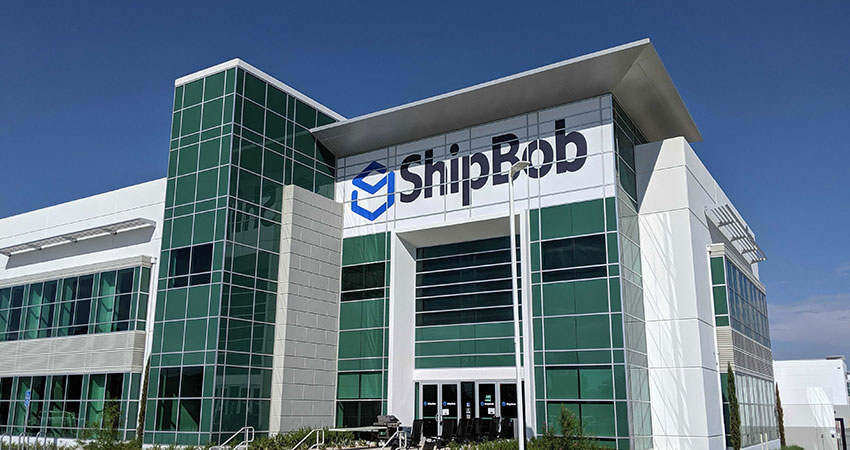ShipBob, a provider of software and services to optimize shipping for ecommerce companies, has raised $200 million in a new funding round, pushing its valuation over the $1 billion mark in a crowded unicorn field as it looks to expand globally and support customers as they add new channels.
The funding was led by Bain Capital Ventures, with participation from prior investors SoftBank, Menlo Ventures, Hyde Park Venture Partners, Hyde Park Angels and Silicon Valley Bank. ShipBob’s valuation has doubled since a $68 million Series D round last September.
Founded in 2014, ShipBob provides two-day delivery service nationwide, and claims to have a 95% on-time performance rating. It has raised a total of $330 million to date.
“We’re doubling down on our mission to provide more products and features that ecommerce merchants need globally,” said Divey Gulati, a co-founder of ShipBob. “We already have fulfillment centers in the U.S., Canada, Ireland and Australia, where our customers have an established base. Based on data about where they’re shipping to, we’ll go country by country, in the EU and then other parts of the world.”
Gulati said ShipBob has 24 FCs currently, 18 in the U.S. Its plans call for adding 10 more this year, accelerated by the new funding. The goal is allowing its customers, now numbering over 5,000, to provide two-day delivery or faster to match the Amazon Prime promise.
ShipBob’s “full stack” approach includes its app, which lets merchants track inventory and orders, as well as concentrations of customers to manage their supply chain. The app feeds data into ShipBob’s proprietary WMS that manages order fulfillment in its facilities. Gulati said the in-house nature of its technology and operations allows for consistency for clients and repeatability as it stands up new locations, as well as customization and personalization.
“The merchant can choose to send a thank you card after the first order with a coupon code, for example,” he said. “They can configure a lot of rules in the app that are then transmitted to the WMS, which tells the associates how to pack the orders. It’s a very consistent experience for the merchant. All our FCs operate with the same technology and processes. And each new facility is another node they can use to reach more customers.”
A month ago, ShipBob was named a Walmart two-day delivery partner, enabling its merchants to display the two-day delivery badge, much as sellers do in Amazon Prime. “We have a similar partnership with Google around fast and free shipping, and we’re working on lots of others,” Gulati said.
While Amazon is one of the many ecommerce platforms ShipBob integrates with – including Shopify and Shopify Plus, WooCommerce, eBay and BigCommerce – Gulati said the degree of personalization and customization goes above and beyond the brown smiley box that arrives on doorsteps via the Fulfillment By Amazon service.
“Amazon shipping is not differentiated,” he said. “You can custom brand the package, include a special thank-you note and offers, and there are so many other attributes available, with different levels of customization as brands grow. You don’t need FBA to create a great experience.”

